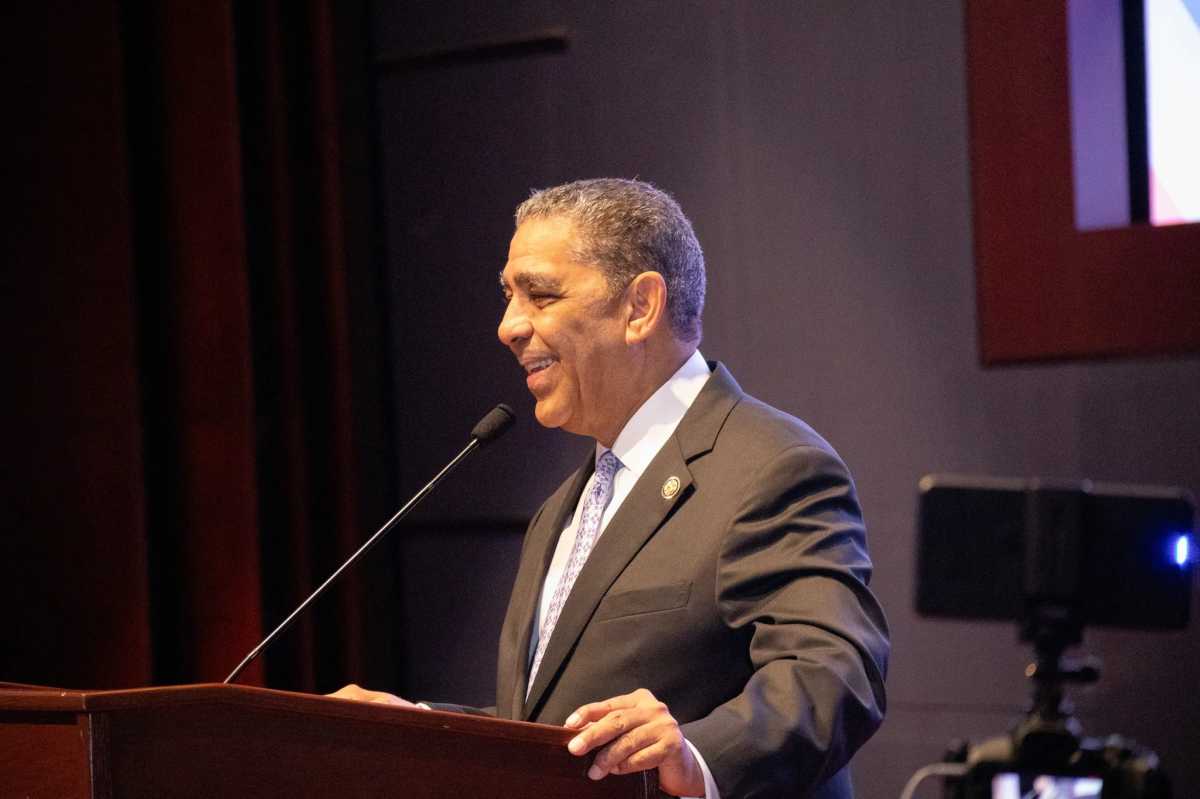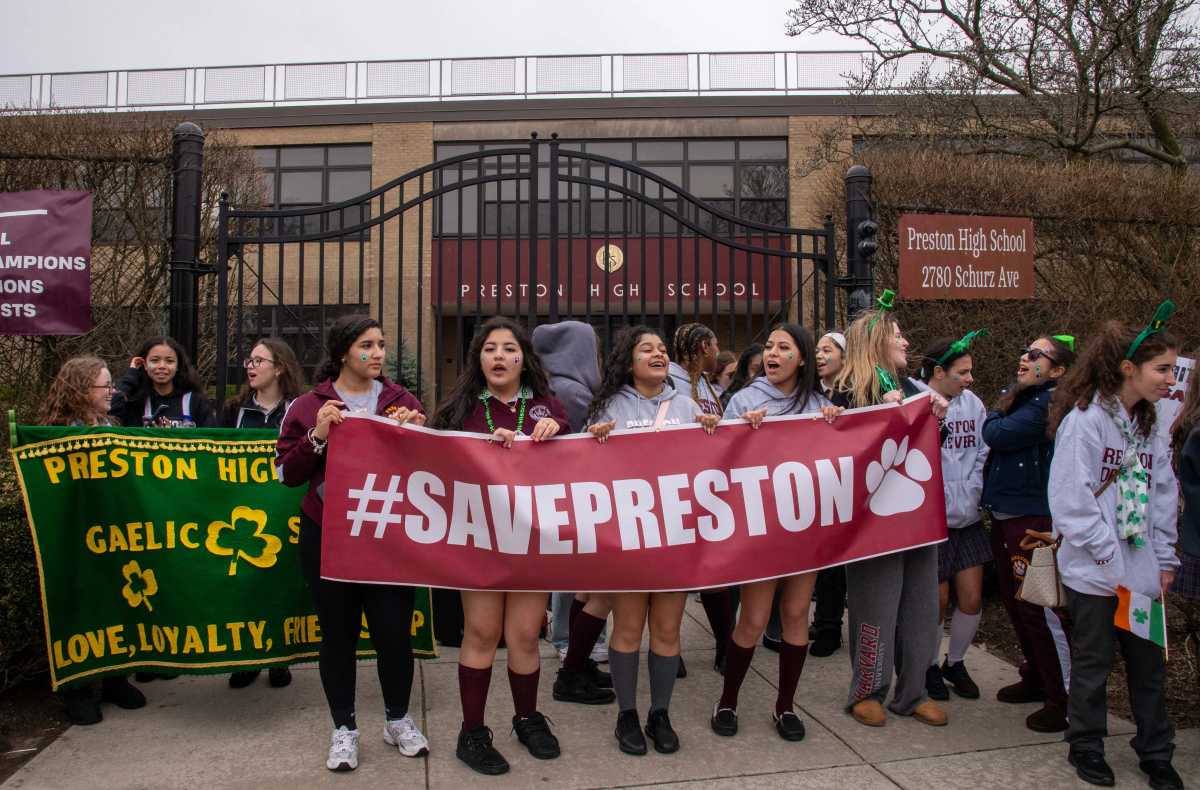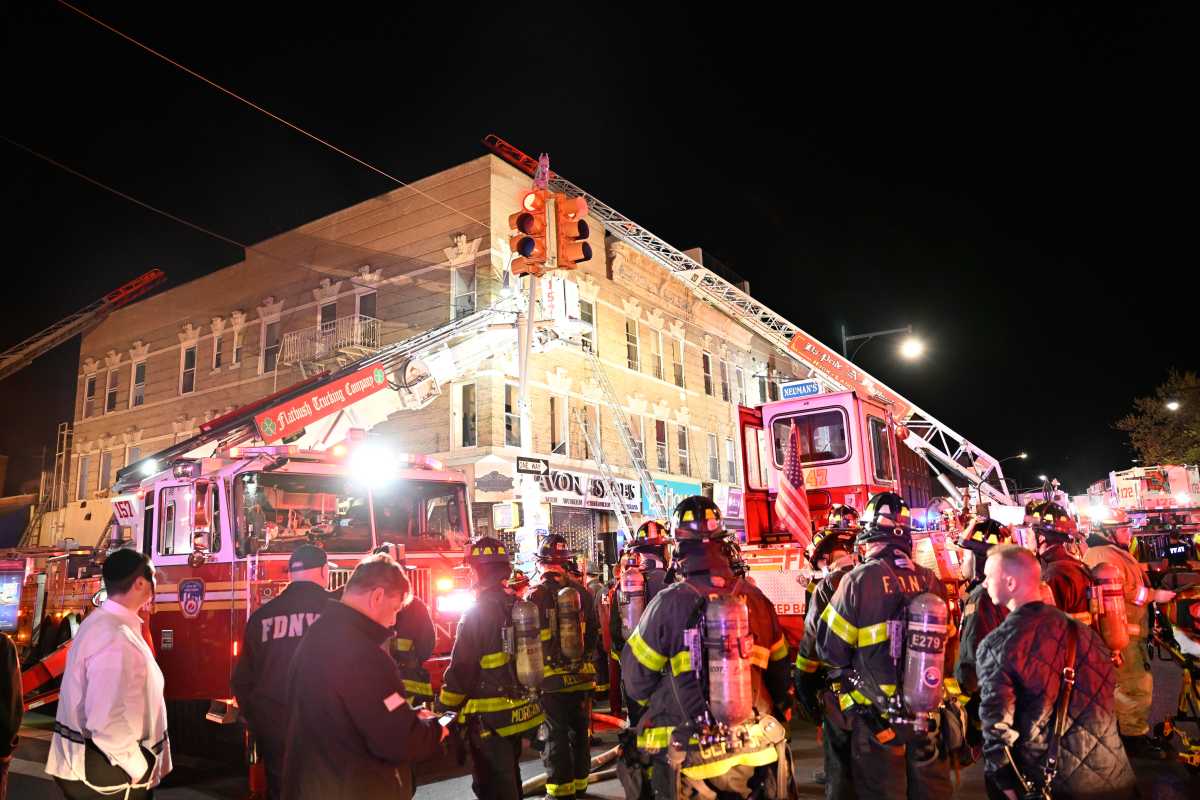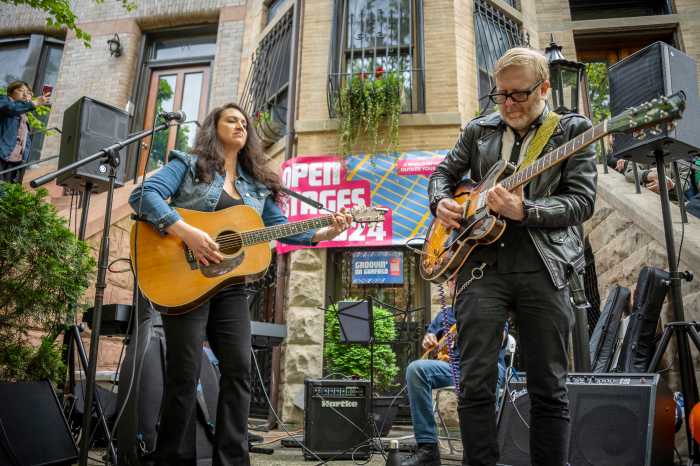In a bid to root out so-called tenant blacklisting, the city may expand its list of protected classes to include people who have been involved in housing court cases.
At a hearing Wednesday, Mayor Bill de Blasio’s administration indicated it supported a bill that would empower the city’s Commission on Human Rights to investigate when New Yorkers believe a landlord opted not to rent to them because of their history in housing court.
Earlier this summer, the state banned this practice, often referred to as tenant blacklisting. Lawyers who represent renters have long spoken out against owners that reject anyone included in databases of people who have been involved in any housing court action — even in cases that tenants win — over the past seven years.
The state’s prohibition, however, exclusively tasks the attorney general with enforcement and does not allow renters to take owners to court with their own attorneys.
To further bolster the ban, City Councilman Ben Kallos introduced a measure that would allow the city’s Commission on Human Rights to investigate suspected blacklisting. Kallos’ team and the Legal Aid Society said the measure would also permit renters to privately pursue cases in court.
"We can’t have a legal system where somebody can go to housing court, be vindicated and even win against a bad landlord, and then repeatedly be denied a place," Kallos said. "Hundreds of thousands of New Yorkers are named in housing court cases every year, and they’re reported on these blacklists."
Robert Desir, a staff attorney at the Legal Aid Society, said the existence of the context-less and at times inaccurate databases can intimidate people who are legally withholding rent in an attempt to compel their landlord to make repairs.
“This practice also has a chilling effect on tenants who owe rent because they’re not getting repairs from their landlords," Desir said.
The Commission on Human Rights is eager to collaborate with lawmakers on the matter, according to Dana Sussman, its deputy commissioner of policy and intergovernmental affairs.
“The administration and the Commission look forward to working with the Council to consider ways that the city can strengthen these protections," Susman said.
The Community Housing Improvement Program, which represents owners of rent-regulated properties, argued the effort to ban blacklisting hurts those it aims to help by compelling landlords to place a greater emphasis on credit scores and income.
"In the past, our members would have gladly given a low-income tenant with a solid history of paying their rent an apartment, even if they had a low credit score because of medical bills or emergency expenses," CHIP’s Executive Director Jay Martin said in a statement. "Owners and property managers can no longer do that, forcing them to turn away people who most need affordable housing."
Still others said Kallos’ legislation did not go far enough. The fines are not substantial enough to impact landlords, according to Lucy Block, the research and policy associate at the Association for Neighborhood and Housing Development, which advocates for policies that promote affordable housing. The commission could impose fines that start at $100 per unit per month, for the first five instances, and may rise to $2,000 per unit per month, with an additional $250,000 surcharge for egregious offenders.
James Fishman, an attorney who represents tenants on blacklists, said the measure should more explicitly include brokers and presume that those looking at tenant screening reports considered their contents. He said it would make more sense to license and regulate the companies that produce tenant screening reports.
“It does have some significant flaws, which should be recognized and addressed," Fishman said. "It must be emphasized that even if it is enacted, with or without these flaws, the problem of tenant blacklisting will not disappear."


































